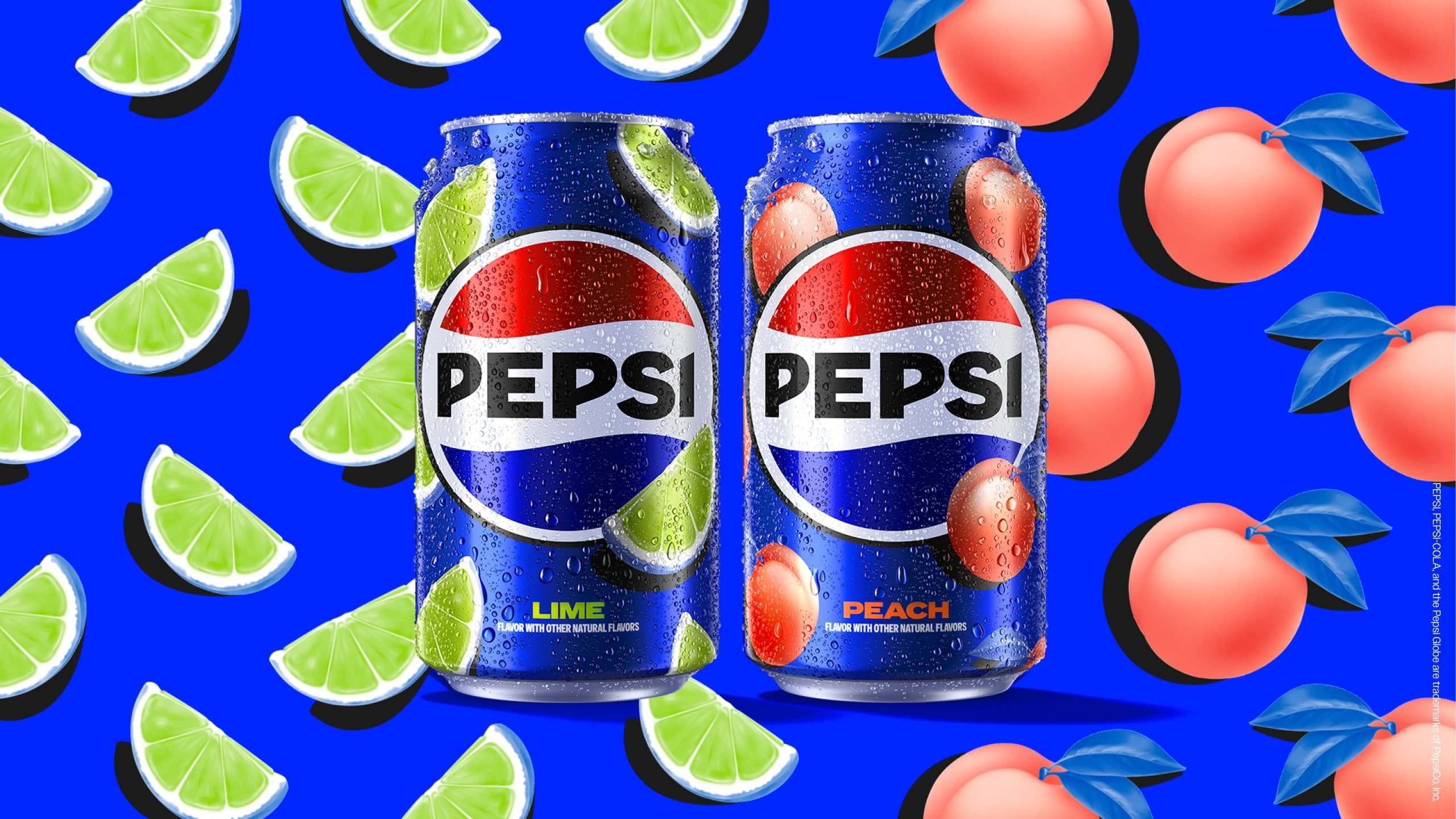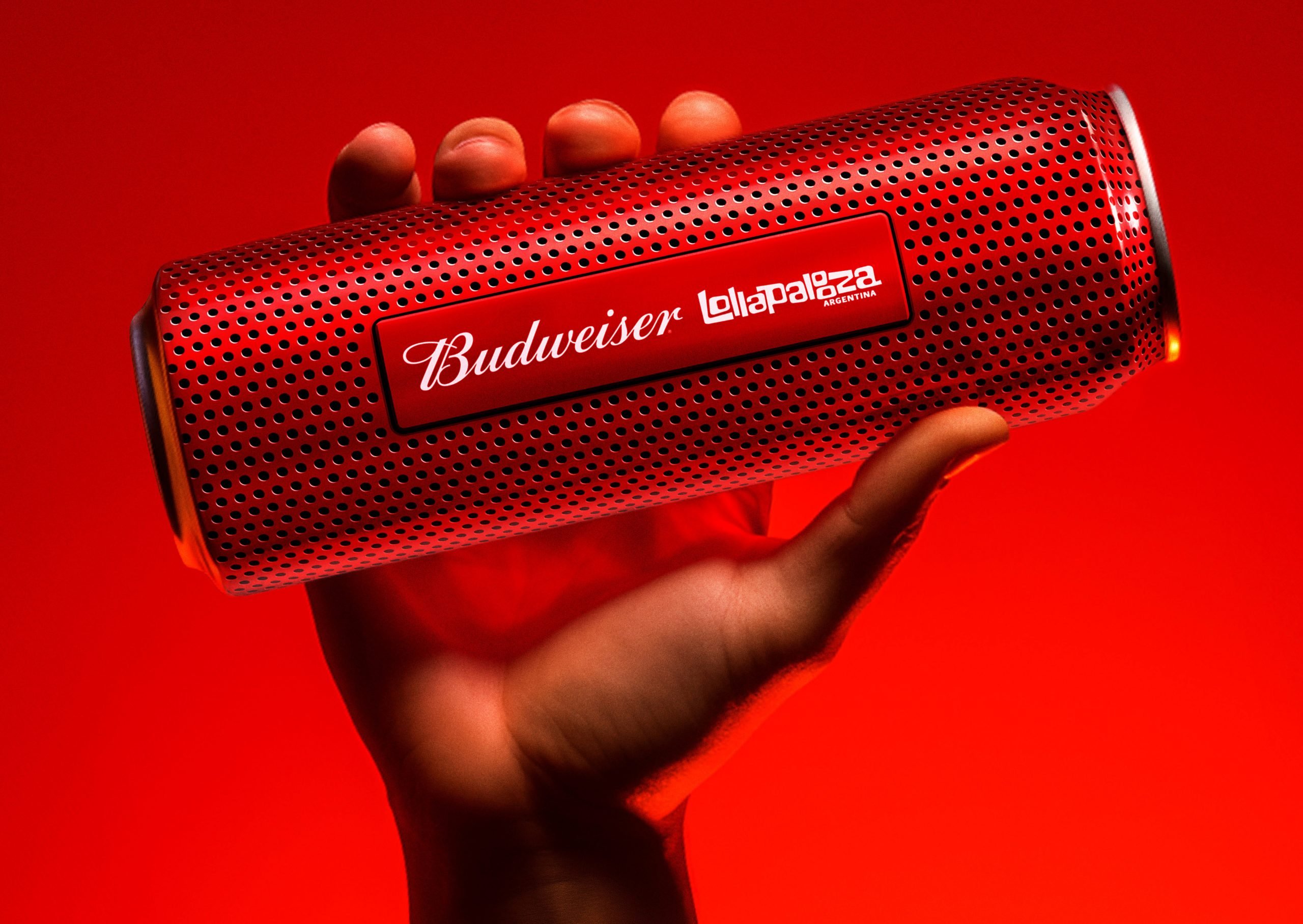Now that itâs pretty clear that recycling plastic wonât save the planet, scientists have been working on ways to break down the pernicious material in days rather than centuries.
Methods using wild and engineered enzymes quickly degrade plastics such as polyethylene terephthalate (PET) in a process called depolymerization, which breaks the polymers into monomers. These monomers can then get pieced together into virgin PET, unlike recycling which turns collected PET into rPET, with a finite number of cycles before the resulting material is unsuitable for use.
As promising as it sounds, current methods require precise conditions within narrow temperatures and pH levels. Additionally, the plastic material often requires pretreatment. Scientists at the University of Texas, Austin, have developed an enzyme using artificial intelligence (AI) that breaks down 51 types of PET in a broader range of temperature and acidity levels in addition to untreated plastic.












